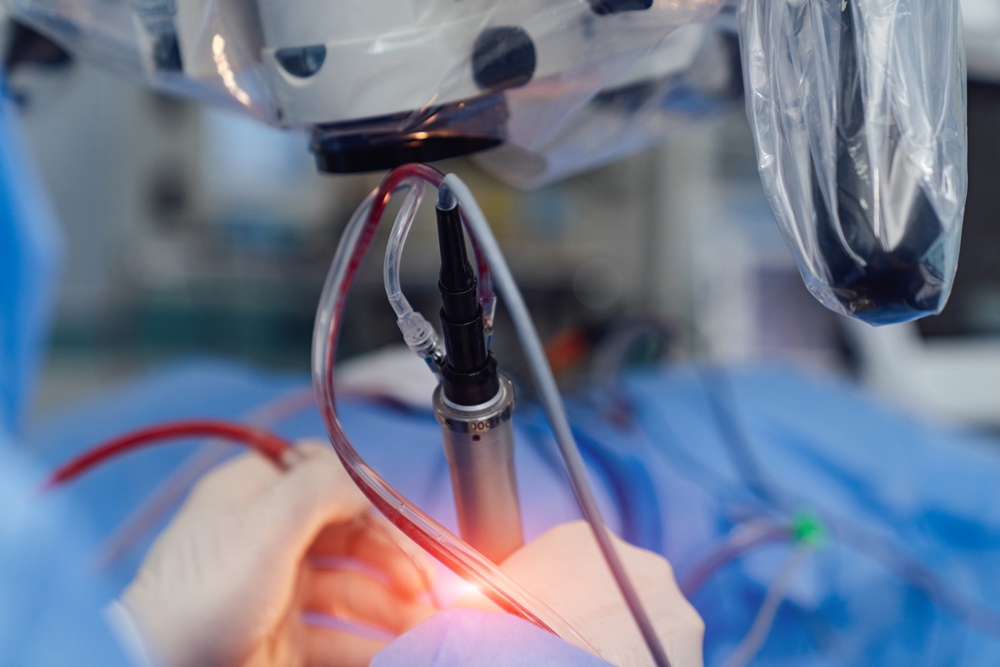
At-home brain stimulation can prevent relapse of major depressive disorder in 75 per cent of patients, a new study has found.
The PSYLECT study tracked the long-term effects of home-based transcranial direct current stimulation (tDCS) therapy combined with online behavioural support.
The findings revealed that non-drug, at-home treatment could help many patients maintain recovery from depression over time.
Erin Lee is CEO of Flow Neuroscience, the company behind a tDCS device for depression used in the study.
She said: “Home-based brain stimulation bridges a major treatment gap, helping patients sustain long-term recovery after antidepressants or psychotherapy.
“Many people struggle to pay for visits or travelling to the clinic, or simply are too busy to attend several sessions a week. This is when at-home therapy comes to the rescue.”
In the study, participants who had completed their initial depression treatment had to use at-home brain stimulation twice a week for six months.
Researchers monitored their progress to see whether the therapy could prevent relapse without ongoing clinical support.
By the end of the follow-up period, only six of the 71 patients experienced a return of depressive symptoms, while 11 discontinued treatment.
The results showed that most participants maintained recovery using brain stimulation therapy alone, without the need for in-person visits or additional interventions.
As up to 85 per cent of people with depression experience relapse during treatment, effective tools for relapse prevention are lagging.
According to the study, at-home and remotely supervised tDCS therapy can be an effective and scalable option: it achieves results comparable to in-clinic treatment, but can increase access and lower costs, as it doesn’t require clinic visits to receive therapy sessions.
Lee said hat at-home tDCS-based relapse prevention can be cost-effective for clinics, too, as it reduces waiting times and frees up clinicians.
For patients, another benefit of at-home treatment is high adherence.
Dr Kultar Singh Garcha is a GP and Medical Director at Flow Neuroscience.
Garcha said: “Many people with a history of depression might find it easier to stick to home-based therapy, as it’s less effort compared to regular in-clinic visits.
“Even months into treatment, many patients still feel physically and emotionally exhausted, so lowering the effort can help them keep going.”
Beyond accessibility and scalability, researchers found at-home brain stimulation to be safe and well-tolerated, with minimal side effects like scalp itching or headaches.
By the end of the study, 40 per cent of participants reported no adverse events at all.
The study was led by the University of São Paulo Medical School and conducted in collaboration with the Ludwig-Maximilians University in Munich, Germany, as well as the University of Ghent, Belgium, Spaulding Rehabilitation Hospital, and Massachusetts General Hospital.
Flow Neuroscience’s medical device, used in the study, is CE-certified and has regulatory approval for depression treatment in the UK, EU, Australia, Switzerland, Hong Kong, and other countries. I
t is backed by both clinical studies and real-world data of over 50,000 users.
By delivering gentle electrical currents to the brain, the headset regulates activity in the prefrontal cortex, the part of the brain involved in mood regulation and stress response.
It is often underactive in people with depression.
Lee said: “For decades, relapse has been one of the biggest challenges in depression treatment, but this is finally changing now.
“We are certain that with home-based brain stimulation therapy, effective and non-drug relapse prevention will become a new mental health care standard.”








